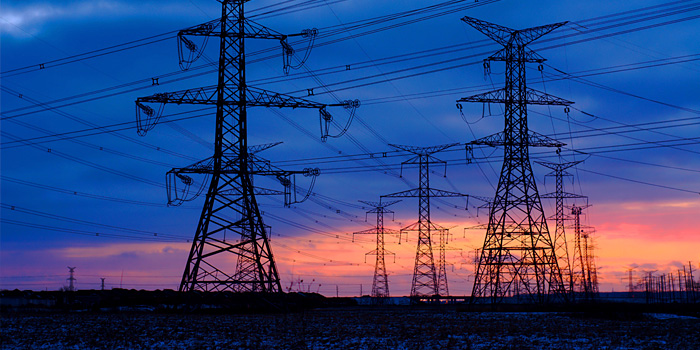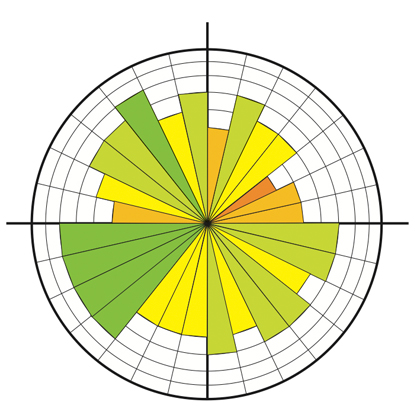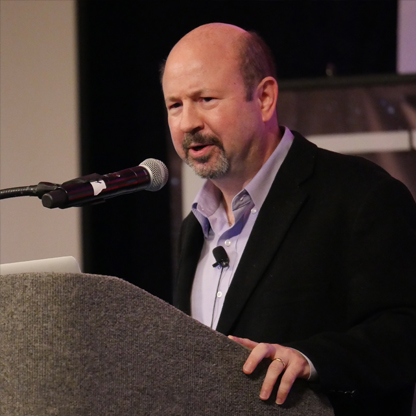EME 432 Energy (and Climate) Policy
Summer 2024

Course Overview
Description: Government, corporate, and public perspectives on the analysis, formulation, implementation, and impacts of energy-related policies, regulations, and initiatives with particular emphasis on climate change implications
Prerequisites: EBF 200, EGEE 120, and PL SC 490
Prerequisites: EBF 200, EGEE 120, and PL SC 490
Foundations
Immersion
Exploration
Read the full syllabus, including all standard course: policies.
PDF Syllabus
PDF Syllabus
Expectations
They go both ways.
Learn more about what I expect and what you can expect in this short video.
#coursegoals
By the end of our semester, you will have cultivated an in-depth understanding of the policy mechanisms employed to address energy and climate challenges at a variety of geographic scales in the context of a dynamic political landscape nationally and locally. We'll be busy, but it'll be fun!


Identify energy policy knowledge gaps and needs at various governmental and entity levels;
Examine existing or proposed energy policy critically; expose errors, find unintended consequences of implementation, offer suggestions for improvement;




Identify the drivers of energy policy from political, environmental, and economic perspectives; and explain how these drivers can exist either in conflict or complement of each other;
Articulate the goals and outcomes of energy policy to diverse audiences, translating often-cumbersome legislative language into a more accessible format for stakeholders and the public.


#coursegoals image credits, from top to bottom: Frozen ponds by NASA Goddard Space Flight Center, Magnifying Glass CC0 public domain, Johannesburg Profile image, Wikimedia Commons, Michael Mann, Wikimedia Commons.
Assignments and Grading
A | 93 - 100%
A- | 90 - 92.99%
B+ | 87 - 89.99%
B | 83 - 86.99%
B- | 80 - 82.99%
C+ | 77 - 79.99%
C | 70 - 76.99%
D | 60 - 69.99%
F | < 60%
A- | 90 - 92.99%
B+ | 87 - 89.99%
B | 83 - 86.99%
B- | 80 - 82.99%
C+ | 77 - 79.99%
C | 70 - 76.99%
D | 60 - 69.99%
F | < 60%
No rounding. No extra credit. Try your best on all assigned work.
Late Policy
All assignments are subject to a 10% per day late penalty (exclusive of extenuating, approved circumstances) for up to five (5) days. After 5 days, no credit is received. Assignments due the last week of classes are not eligible for late submission for credit. (If it isn't there before I start calculating course grades, it does not count.)
Life Happens. But I can’t accommodate you with flexibility in assignment deadlines if you’ve not communicated with me in advance. Don’t drop off the radar for weeks and then tell me something had happened, let’s handle things up front to prevent extenuating circumstances from negatively affecting your grades.
Late Policy
All assignments are subject to a 10% per day late penalty (exclusive of extenuating, approved circumstances) for up to five (5) days. After 5 days, no credit is received. Assignments due the last week of classes are not eligible for late submission for credit. (If it isn't there before I start calculating course grades, it does not count.)
Life Happens. But I can’t accommodate you with flexibility in assignment deadlines if you’ve not communicated with me in advance. Don’t drop off the radar for weeks and then tell me something had happened, let’s handle things up front to prevent extenuating circumstances from negatively affecting your grades.
Citation Style - APA is strongly preferred, but any standard citation style is fine (APA, Chicago, and MLA are some of the more commonly used). If you use a citation style other than APA, you must indicate which one, otherwise I will assume you are using APA and grade accordingly. However, please implement whichever one you use consistently and correctly in your work. Please review the full academic integrity policy in this course in the pdf of our syllabus.
Our Schedule
Generally, we will cover one lesson per week. Lessons will start on Monday mornings and associated deliverables will be due that following Sunday night at 11:59 pm (eastern). Please refer to Canvas for the schedule and associated deliverables.
FAQs
1
What should I do if something in my life prevents me from completing my work for this class?
Discuss any upcoming or ongoing challenges (medical issues, work conflicts, personal problems, etc.) with me privately and proactively so we can work something out. I can't help if I don't know something's up.2
What's the one thing I should take away from this class?
Energy policy is climate policy, and both policies impact and are impacted by social, economic, and political considerations. Energy/climate policy operates at multiple scales (local, state, federal, international), but most of it is applied at the local level. You will have the chance to explore the on-the-ground impacts of energy/climate policy in a local context with a particular focus on vulnerable populations, and develop a better understanding of how policy can be applied.3
Do you round grades up, curve, or offer extra credit?
No. Try your best on all assigned work!4

 ESP
ESP